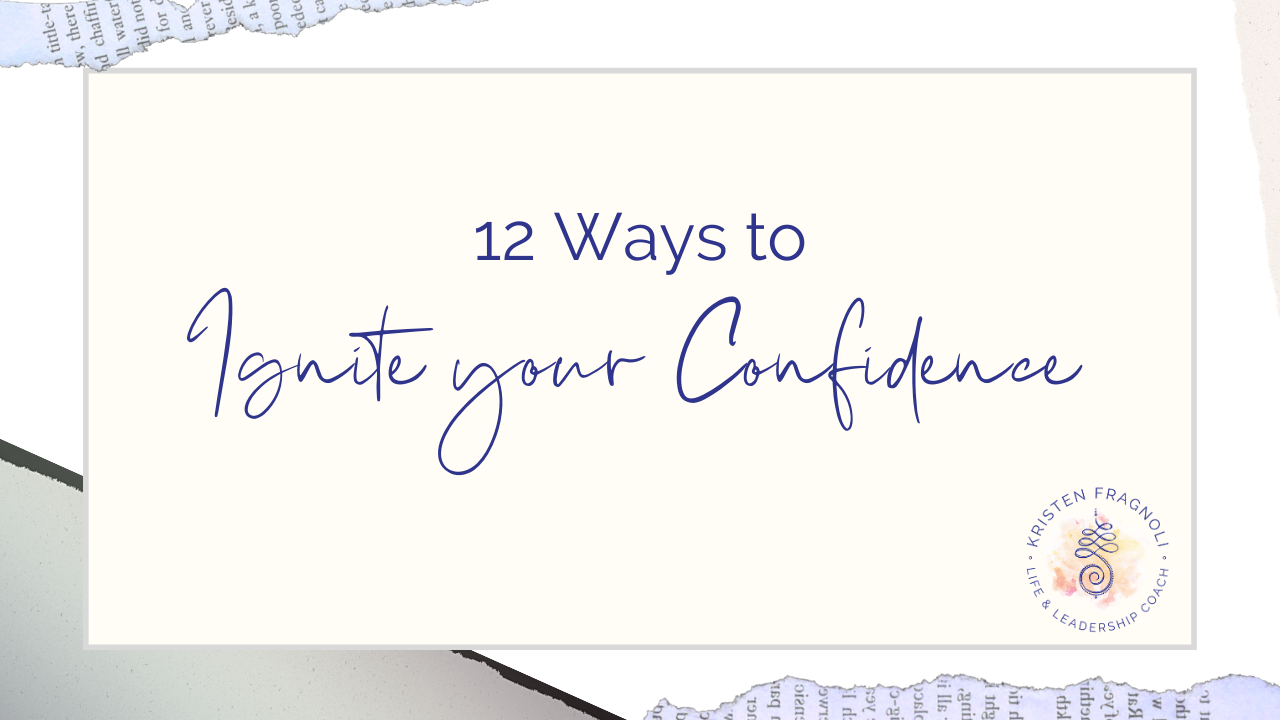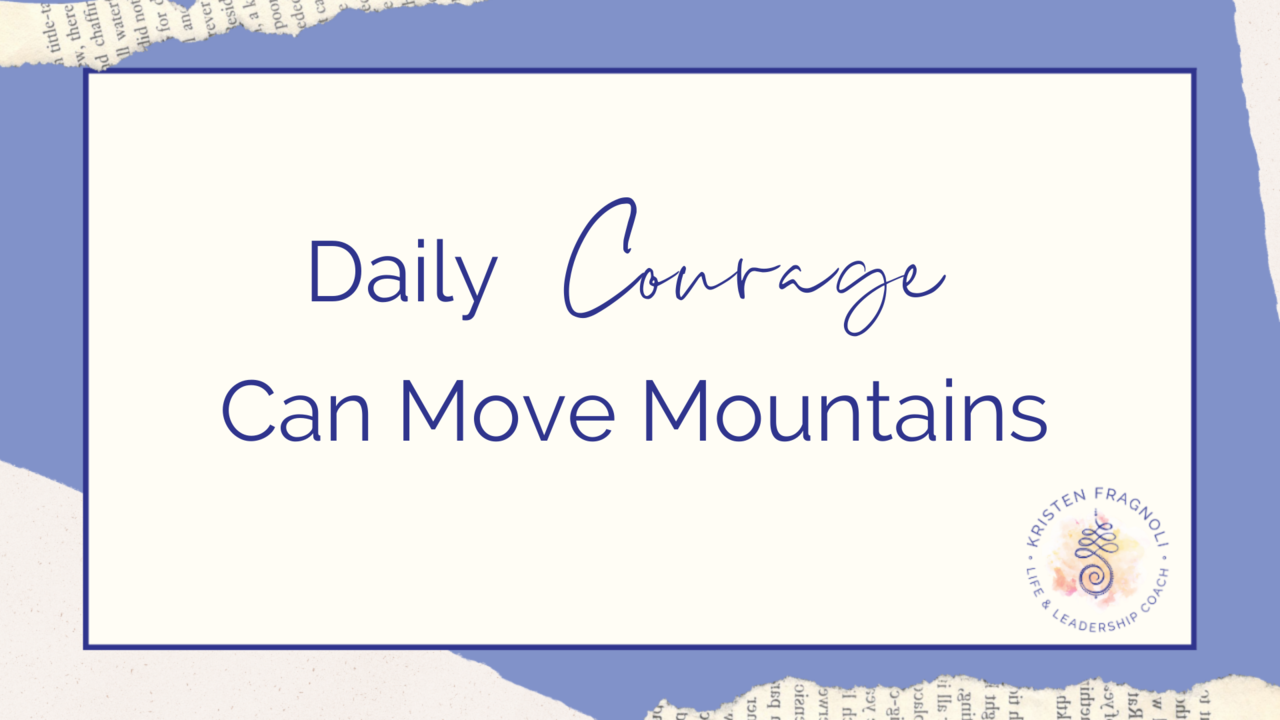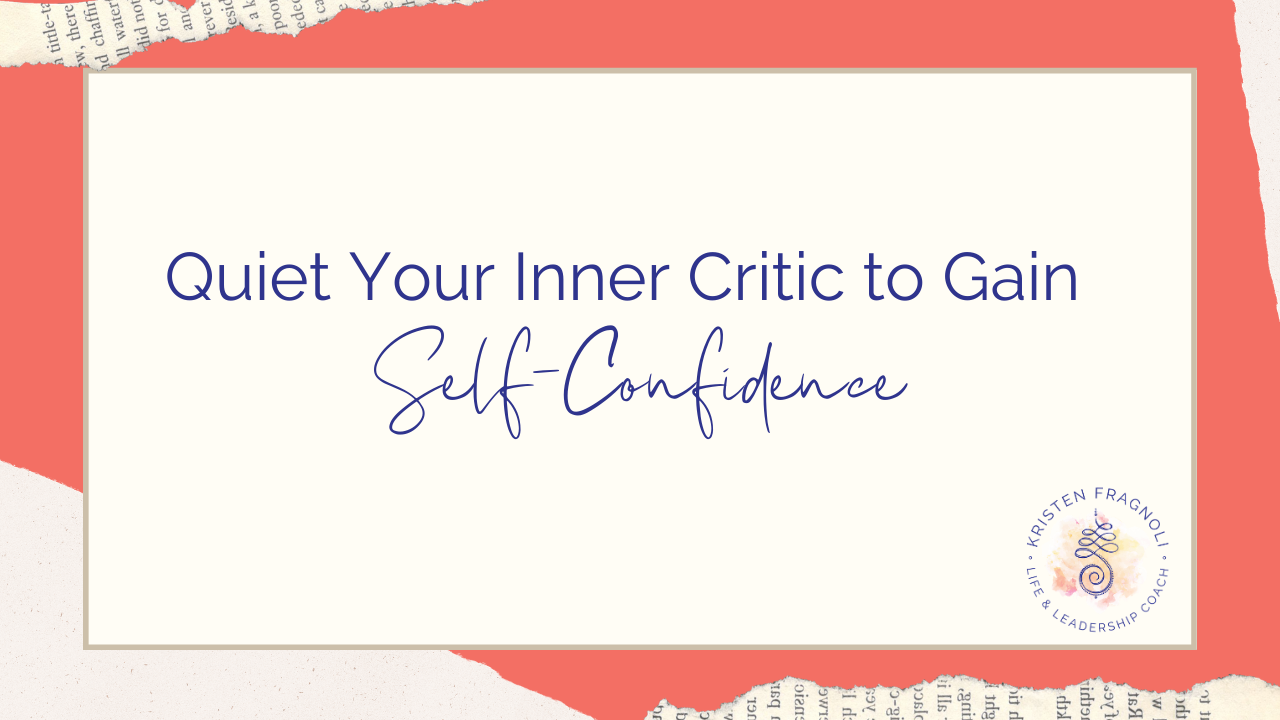12 Ways to Ignite Your Confidence

Having self-confidence is beneficial in all areas of our lives, and developing confidence is an important part of personal and professional growth. We intuitively understand that lack of confidence can hold us back from achieving all we want and being who we want to be. The experience of fear, insecurity or nervousness can be debilitating if we don’t understand ways to build confidence. I hear so many people share the desire “I need more confidence” or the lament “I’m not a confident person.”
Let’s talk about this.
A common misunderstanding I see when working with people who want to become more confident is the false belief that having confidence means NOT experiencing nervousness, insecurity or fear. While it’s true that someone with high confidence may experience less nervousness or insecurity, it’s a false belief that to be more confident you must first rid yourself of nervousness, insecurity and fear. Also inaccurate is the idea that confidence is a personality trait that you ei...
Daily Courage Can Move Mountains

Courage is a much-admired trait espoused for success in life and as a leader. We hear news of the incredible courage of essential workers caring for the sick, sexual assault survivors stepping up to tell their stories, humanitarians facing danger to selflessly act on behalf of others, and mythic stories of heroes and heroines conquering all manner of challenges. These all serve as inspiration and aspiration to develop our own courage, yet most of us need courage not for momentous, mythic undertakings, but for simple acts in our daily lives. We need courage to take or leave a job, courage to express our true feelings in a new (or old) relationship, courage to stand up for ourselves or others or even just to start over after a difficult, disappointing day. Right now, it seems we all need courage to stay optimistic about the future as we navigate a very challenging world.
Daily we face challenges, changes or difficult tasks that may make us feel fearful, unsure or hesitant to move forwar...
Quiet Your Inner Critic to Gain Self-Confidence

Even as a confident, competent, and well-grounded person, I know I am not alone in sometimes battling self-critical thoughts – call it the inner critic, gremlin, saboteur, or negative voice.
I don’t think anyone completely escapes it, so I think we should just talk about it.
When we don’t talk about the self-critical thoughts we face, we empower that little gremlin and give her cover. If we have shame about having an inner critic, we bolster its influence, if we talk about it we can help each other make peace with it. We can “name it to tame it.” I call her “her” (instead of “it”) because like it or not, she is a part of me – she is not Me, but she is a part of me. (And your gremlin is a part of you too.)
Our critical inner voice comes from a natural negativity bias our brains have developed to keep us safe. Neuroscience confirms that we’re wired to stay on alert for threat and negative circumstances as a survival mechanism.
Fortunately, in our modern world, many of the threats ...


